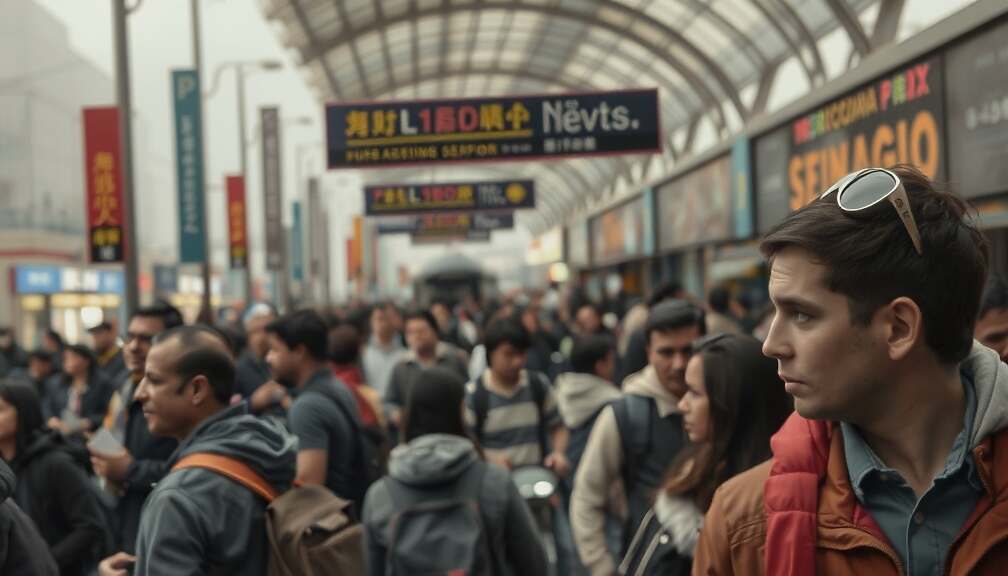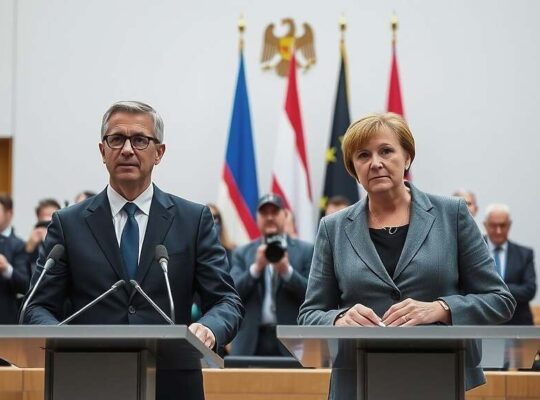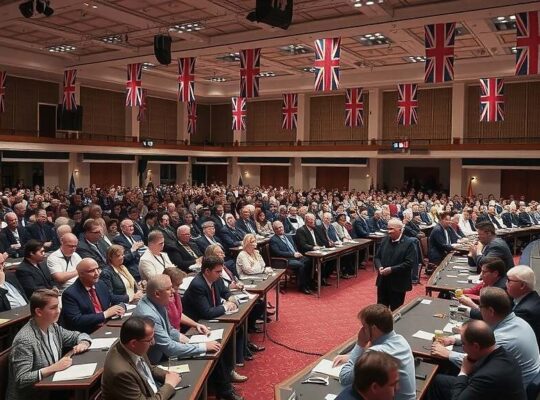The latest INSA poll, released Tuesday and commissioned by Bild, reveals a striking shift in German voter sentiment, with the Christian Democratic Union/Christian Social Union (CDU/CSU) and the Alternative for Germany (AfD) now locked in a near-dead heat. Both parties stand at 25.5 percent, marking the closest they’ve been in popularity since late September.
While the CDU/CSU’s marginal gain of one percentage point represents a modest recovery, the overall picture highlights a concerning trend for the ruling coalition government. The Social Democrats (SPD) remain stable at 15 percent, while the Greens hold steady at 11 percent. The recently established BSW party also maintains its 4 percent. Conversely, both the Left party (Die Linke) and the Free Democratic Party (FDP) have suffered minor losses, now registering at 11 and 3 percent respectively. The “Other” category collectively accounts for 5 percent, exhibiting a slight upward trend.
INSA director Hermann Binkert characterized the development as significant, stating the combined support for CDU/CSU and SPD now exceeds 40 percent for the first time in months. However, he cautioned that a mere 58 percent of those surveyed believe the “black-red” coalition (referring to the CDU/CSU and SPD) is underperforming, a figure that should serve as a stark warning for the government.
The poll, conducted between October 30th and November 3rd, 2025, surveyed a representative sample of 2,002 German citizens. The convergence in voter preference underscores a potential volatility in the political landscape and indicates that the current governing alliance faces a growing challenge in regaining public confidence, particularly given the perception that it is falling short of expectations. The AfD’s continued strong performance, despite a fractional decline, warrants close attention as it continues to capitalize on anxieties surrounding economic concerns and immigration policies, potentially further destabilizing the established political order.












